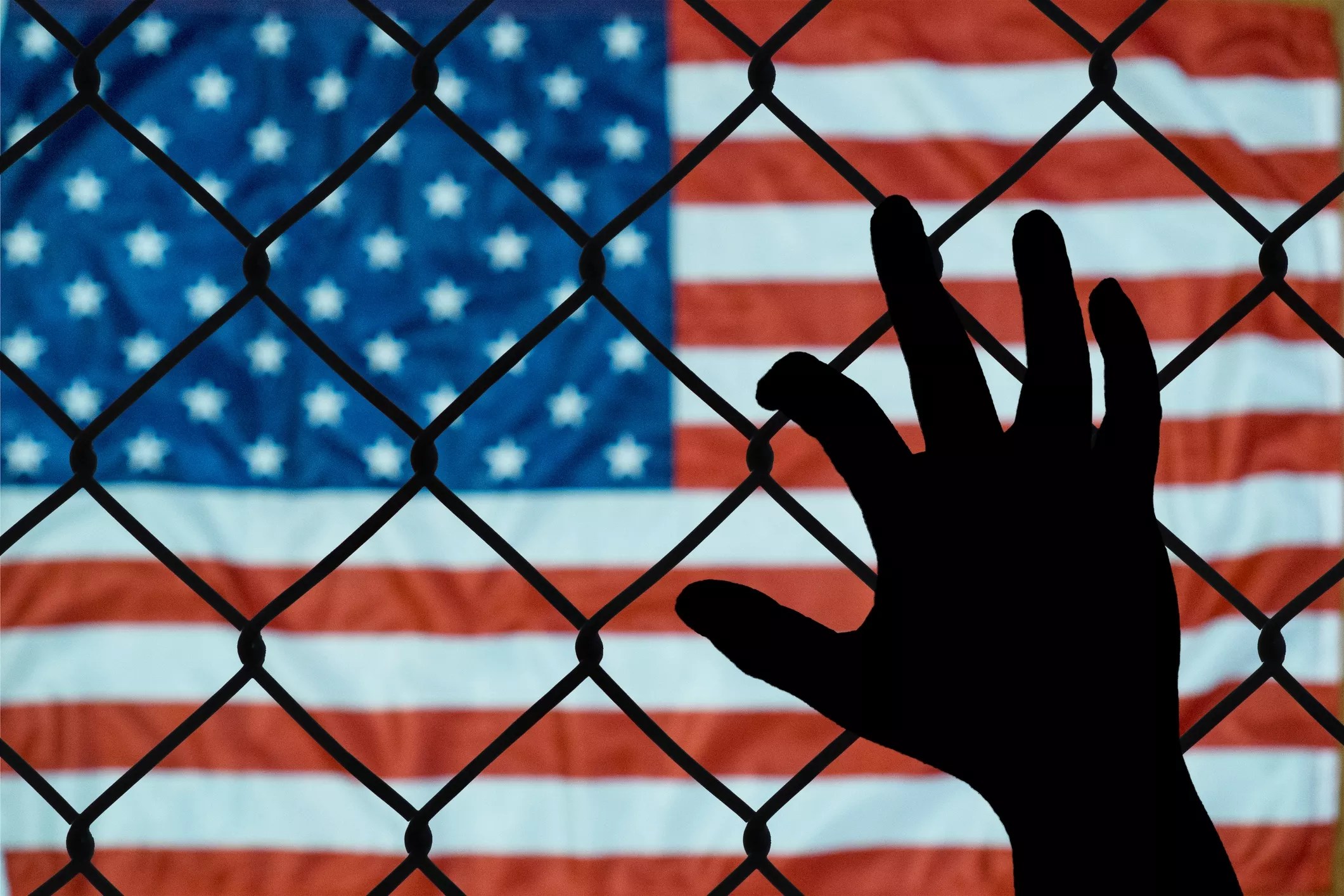
Brad Greeff/iStock

Audio By Carbonatix
The headlines on reports about last week’s U.S. Immigration and Customs Enforcement’s raid on an electronic repairs plant in Allen were startling. In one day, ICE agents arrested 280 people at CVE Technology Group, making Wednesday’s bust the biggest in a decade. Despite the scale of the operation, however, the way the raid came about, including what caused it and how the feds got involved, was nothing out of the ordinary.
ICE got tipped off, looked into CVE’s books and moved in with the help of local law enforcement. It’s as easy as that.
“ICE will initiate an audit, and then determine that there’s some inconsistencies on the (company’s) I-9s and that’s the tip of the iceberg. Then they’ll go in.” — Isaul Verdin
“In many of the cases where there’s a large-scale raid, it’s whistle-blowing,” Dallas immigration attorney Isaul Verdin says. “A disgruntled employee within the organization may be unhappy with the situation and will call ICE on the company. ICE will initiate an audit, and then determine that there’s some inconsistencies on the (company’s) I-9s and that’s the tip of the iceberg. Then they’ll go in.”
Dallas, make your New Year’s Resolution Count!
We’re $10,000 away from reaching our $30,000 year-end fundraising goal. Your support could be what pushes us over the top. If our work has kept you informed, helped you understand a complex issue, or better connected you to your community, please consider making a contribution today.
In CVE’s case, ICE says it received multiple tips that the company “may have knowingly hired illegal aliens, and that many of the individuals employed at CVE were using fraudulent identification documents.”
Despite the centrality of one’s Social Security number to getting and maintaining credit, verifying one’s identity and paying taxes, there’s every chance that an employer might not verify an applicant’s credentials, Verdin says.
“Are people generating fake socials and are people using other people’s Socials with consent or without consent? Yes, that’s happening. Some industries are prone to see that kind of pattern,” Verdin says. “There are some E-Verify systems and federal databases where people can crosscheck, but not all industries or companies have adopted that platform. On a large scale, most employers are not really aware as to the legitimacy of (a given) Social Security number – if it truly corresponds to that worker. Many times, they’ll take at face value whatever documents are provided by an employee.”
Some employers are willfully ignorant of the legitimacy, or lack thereof, of the ID documents provided by new hires. Others are genuinely caught off guard when they’re audited, according to Verdin. At a press conference Wednesday, ICE officials declined to say whether any CVE managers were arrested during the raid.
“People buy these things or people – sometimes it is consensual – they’ll lend their Social, they’ll lend their identity. It’s not proper, but it happens,” Verdin says.
Short of a nationwide E-Verify system or increased enforcement by ICE, undocumented immigrants seeking work are going to provide false documentations to their employers and, often, get away with it.
“It’s a reality that we need to deal with. It needs to be addressed. People will debate what the solution is, but people will agree that there’s a problem. Some people prefer a more compassionate solution – like I would – and some people are more draconian, more drastic, and want a harsher solution … To me, (raids like the one in Allen) are just a reminder that this is a real problem. Employers need employees. There’s a low unemployment rate. There’s economic necessity. There’s a real demand, a need, from the supply side.”
After a raid, it’s up to those swept up to seek legal counsel and to do what they can to remain in the country. Verdin, who is representing two clients caught in the Allen raid, says the first step is seeking bail so that the detainee can remain free while immigration proceedings move forward.
“Thereafter, we have to present the client to an immigration judge to seek relief, if there is any, to see if they have any long-term defenses,” Verdin says. “Then it’s case-by-case, some people have (cases for relief), some people do not.”
In 2017, the most recent year for which complete data is available, agents in ICE’s Dallas office arrested nearly 17,000 people, the most in the United States. In a separate interview in 2018, Verdin attributed the Dallas office’s numbers to the vast area it covers – it encompasses not only Dallas and Fort Worth but extends as far south as Waco and as far west as Lubbock – and the willingness of local law enforcement agencies to cooperate with ICE.
“In this jurisdiction, this part of the country, you see a lot more cooperation from local law enforcement,” Verdin said. “You see police departments, sheriff’s departments and other law enforcement agencies that are more willing to cooperate with ICE. The dynamics are different in other parts of the country where you see, almost, conflicting interests (between state and local authorities). The culture is just not one to cooperate with ICE.”